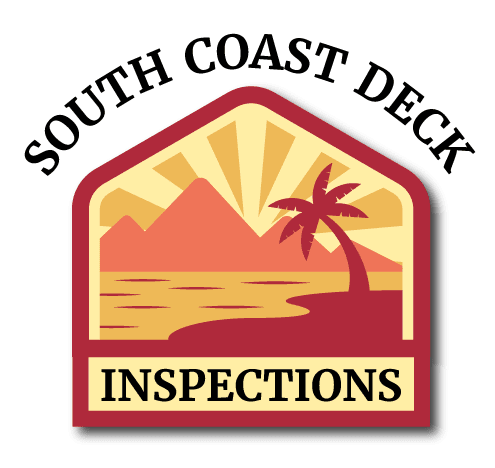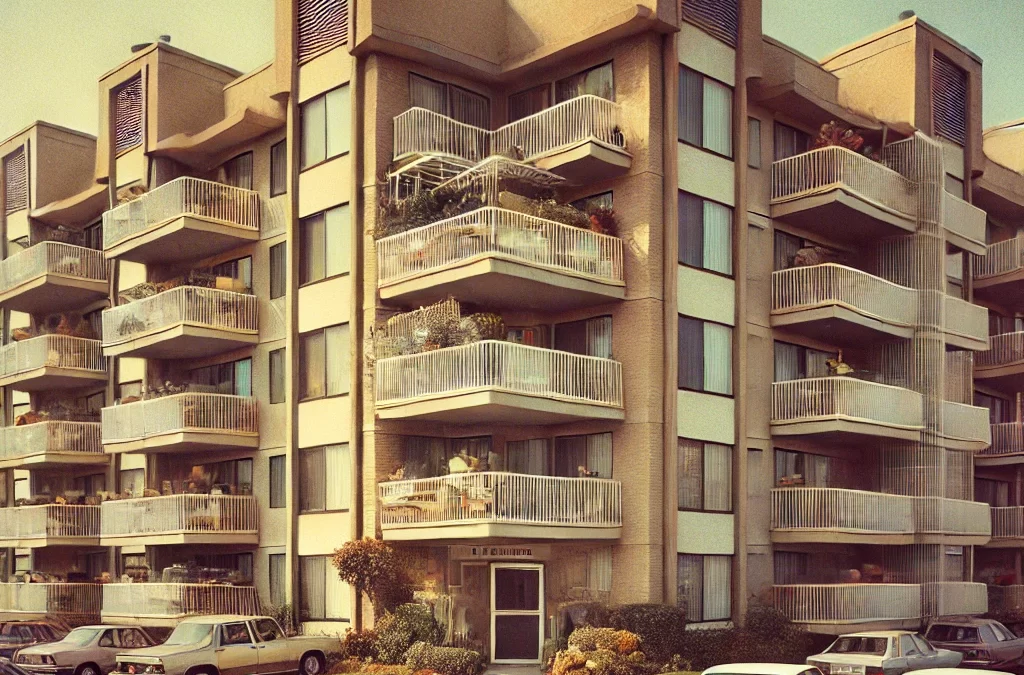Ventura County, California, is renowned for its picturesque landscapes and vibrant community life. For property managers overseeing large apartment complexes, maintaining the safety and structural integrity of external wooden load bearing elements—such as balconies, decks, and staircases—is of utmost importance.
These structures are vital for providing outdoor space andaccess but face unique challenges due to Ventura County’s climate and environmental conditions. Regular inspections are essential to ensure these structures remain safe, functional, and aesthetically pleasing.
The Unique Challenges of Ventura County’s Climate Ventura County’s climate, characterized by moderate temperatures and occasional rain, presents specific challenges for external wooden structures:
Moisture Exposure: Despite a relatively mild climate, rainfall can lead to moisture
infiltration. This moisture can cause wood to expand, warp, and eventually rot if not properly managed.
Salt Air: Coastal areas within Ventura County are exposed to salt-laden air, which can accelerate the corrosion of metal components such as nails, screws, and supports. Over time, this corrosion can compromise the structural integrity of wooden elements.
Temperature Fluctuations: Temperature changes can cause wood to expand and
contract, potentially leading to issues such as cracking or splitting. Regular inspections help identify and address these problems before they escalate.
Why Regular Inspections Are Essential
For large apartment complexes, regular inspections of external wooden load bearing elements are crucial for several reasons:
Safety: Ensuring the safety of residents and visitors is a primary concern. Inspections help identify hazards such as loose railings, weakened supports, or deteriorated decking that could pose risks of accidents or injuries.
Preventative Maintenance: Early detection of issues such as wood rot, insect
infestations, or structural weaknesses, allows for timely repairs. This proactive approach helps extend the lifespan of wooden structures and prevents costly major repairs.
Compliance with Regulations: Adhering to local building codes and regulations is
essential. Regular inspections ensure that wooden load-bearing elements meet safety standards and legal requirements, protecting property managers from potential liability issues.
Preserving Property Value: Well-maintained wooden structures contribute to the overall appearance and value of the property. Regular inspections and maintenance help preserve the aesthetic appeal and functionality of these outdoor spaces.
Best Practices for Inspecting Wooden Load Bearing Elements
To effectively manage and maintain external wooden load bearing elements in large apartment complexes, consider the following best practices:
Hire Experienced Inspectors: Engage professionals who specialize in inspecting
wooden structures and are familiar with local building codes and safety standards. Their expertise ensures a thorough assessment of your balconies, decks, and staircases.
Schedule Regular Inspections: Plan for inspections at least annually, or more frequently if the structures are exposed to heavy use or adverse weather conditions. Regular inspections help identify and address issues before they become serious problems.
Inspect All Components: Ensure inspections cover all aspects of the wooden structures, including decking, railings, supports, and connections. Pay close attention to areas prone to moisture exposure and corrosion.
Document Findings and Actions: Maintain detailed records of each inspection, noting any issues found and the actions taken to address them. This documentation is valuable for tracking the condition of the structures and planning future maintenance.
Address Issues Promptly: Act on any findings from inspections as soon as possible. Prompt repairs and maintenance are essential to preventing further damage and ensuring the safety and functionality of the wooden elements.
Common Issues to Look For During inspections, several common issues may be identified:
Wood Rot: Look for signs of decay or rot, particularly in areas where moisture can accumulate. Rotting wood can compromise the structural integrity of the balconies and decks.
Corrosion: Check for rust or corrosion on metal components such as nails, screws, and brackets. Corrosion can weaken these components and impact the stability of the structures.
Loose or Wobbly Railings: Ensure railings are securely fastened and do not exhibit signs of loosening or instability. Loose railings can pose serious safety risks.
Surface Damage: Inspect deck surfaces for cracks, splinters, or damage that could affect usability and safety. Regular maintenance is crucial for preventing injuries and preserving the wood’s condition.
Conclusion
For large apartment complexes in Ventura County, regular inspections of external wooden load bearing elements are vital for maintaining safety, preserving property value, and ensuring compliance with local regulations. By engaging experienced inspectors, scheduling routine inspections, and addressing issues promptly, property managers can effectively manage these valuable outdoor spaces and provide a safe and enjoyable environment for all residents.
For expert inspection services and guidance on maintaining your external wooden load bearing elements, contact South Coast Deck Inspections. Investing in regular inspections and proactive maintenance will help safeguard your property and enhance the quality of life for your residents.

